What can’t really means
I take my daughters (who are 5 years old and 2 years old) to the playground every week.
No matter which playground we visit, I get looks from other parents when they hear me say this one specific thing.
It’s something that my uncle said to me many years ago and it’s stuck with me ever since.
It’s the simplest but most effective response to “I can’t” that I’ve ever heard.
Here’s an example of it that happened at the playground last week:
My youngest daughter, Cecilia, showed interest in navigating the monkey bars.
No doubt she’s too young for them, but I always support her when she chooses to challenge herself.
She nervously stepped onto the first bar and I knew what was coming next:
“Daddy, I can’t, I can’t”, she said.
“I don’t know what ‘can’t’ means”, I replied with a confused face.
Out of the corner of my eye, I saw another parent reacting with what I’d describe as disbelief and a dash of disgust.
I know what you’re thinking — my daughter is young and this seems harsh…
But hear me out.
My daughter froze for a moment and fearfully looked at the bars ahead of her.
I could see the tiny wheels turning in her brain…
And then the magic happened.
She stepped on the next bar, and then the next one.
I held her stable as she climbed two more bars — and then safely reached the top.
“See, you can. You just have to try”, I reinforced.
She paused, smiled, and said — “Again!”
I share this story with you because too often in life we limit ourselves with the phrase “I can’t”.
We start holding ourselves back with this phrase at a young age and, if unchecked, we’ll continue to do so for our entire lives.
What “I can’t” really means is “I decide not to try”.
Look, it’s natural — we fear trying because we could end up:
Looking like an amateur
Bruising our ego
And failing outright
But the truth is:
All of these things are required to learn, grow, and achieve.
So the next time that you catch yourself saying “I can’t” —
Feel the fear,
Think about what “can’t” really means,
And remember:
All achievements, great and small, started simply with the decision to try.
Talk soon,
Joey
No matter which playground we visit, I get looks from other parents when they hear me say this one specific thing.
It’s something that my uncle said to me many years ago and it’s stuck with me ever since.
It’s the simplest but most effective response to “I can’t” that I’ve ever heard.
Here’s an example of it that happened at the playground last week:
My youngest daughter, Cecilia, showed interest in navigating the monkey bars.
No doubt she’s too young for them, but I always support her when she chooses to challenge herself.
She nervously stepped onto the first bar and I knew what was coming next:
“Daddy, I can’t, I can’t”, she said.
“I don’t know what ‘can’t’ means”, I replied with a confused face.
Out of the corner of my eye, I saw another parent reacting with what I’d describe as disbelief and a dash of disgust.
I know what you’re thinking — my daughter is young and this seems harsh…
But hear me out.
My daughter froze for a moment and fearfully looked at the bars ahead of her.
I could see the tiny wheels turning in her brain…
And then the magic happened.
She stepped on the next bar, and then the next one.
I held her stable as she climbed two more bars — and then safely reached the top.
“See, you can. You just have to try”, I reinforced.
She paused, smiled, and said — “Again!”
I share this story with you because too often in life we limit ourselves with the phrase “I can’t”.
We start holding ourselves back with this phrase at a young age and, if unchecked, we’ll continue to do so for our entire lives.
What “I can’t” really means is “I decide not to try”.
Look, it’s natural — we fear trying because we could end up:
Looking like an amateur
Bruising our ego
And failing outright
But the truth is:
All of these things are required to learn, grow, and achieve.
So the next time that you catch yourself saying “I can’t” —
Feel the fear,
Think about what “can’t” really means,
And remember:
All achievements, great and small, started simply with the decision to try.
Talk soon,
Joey

